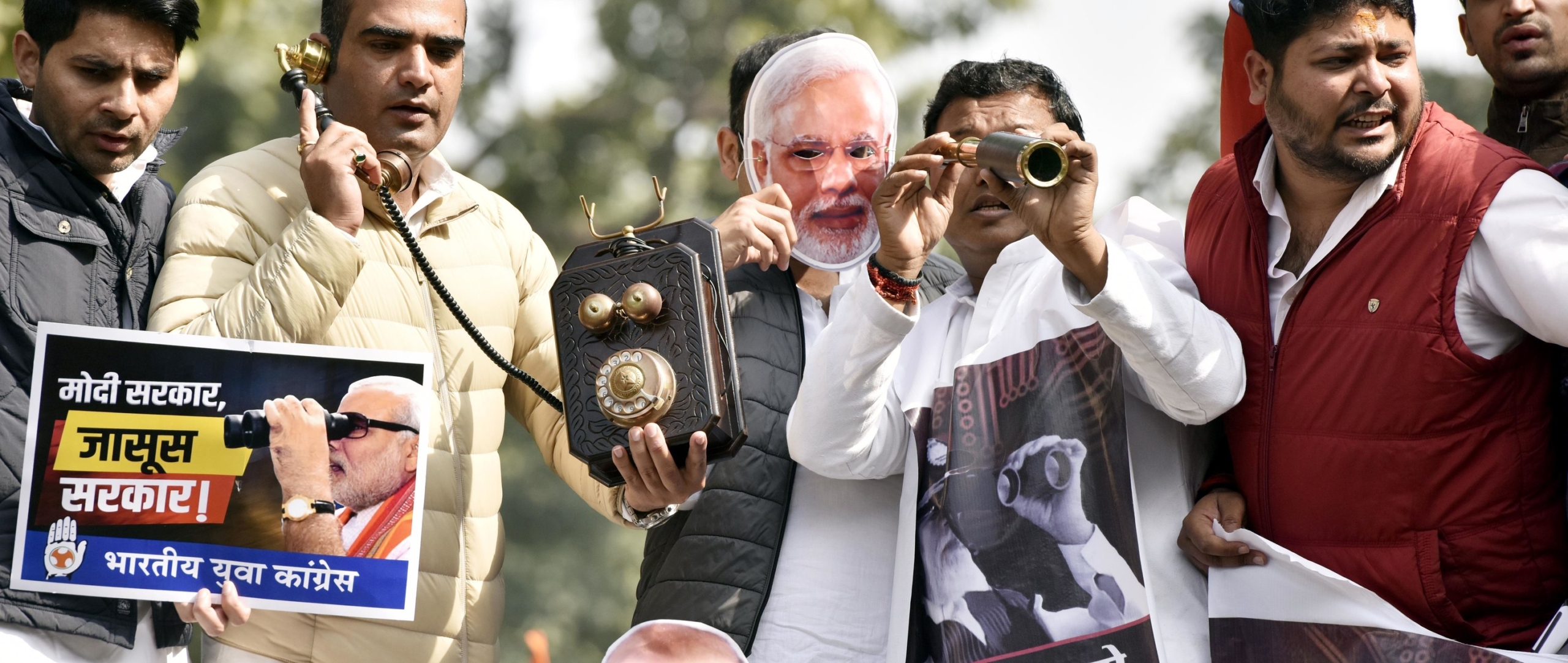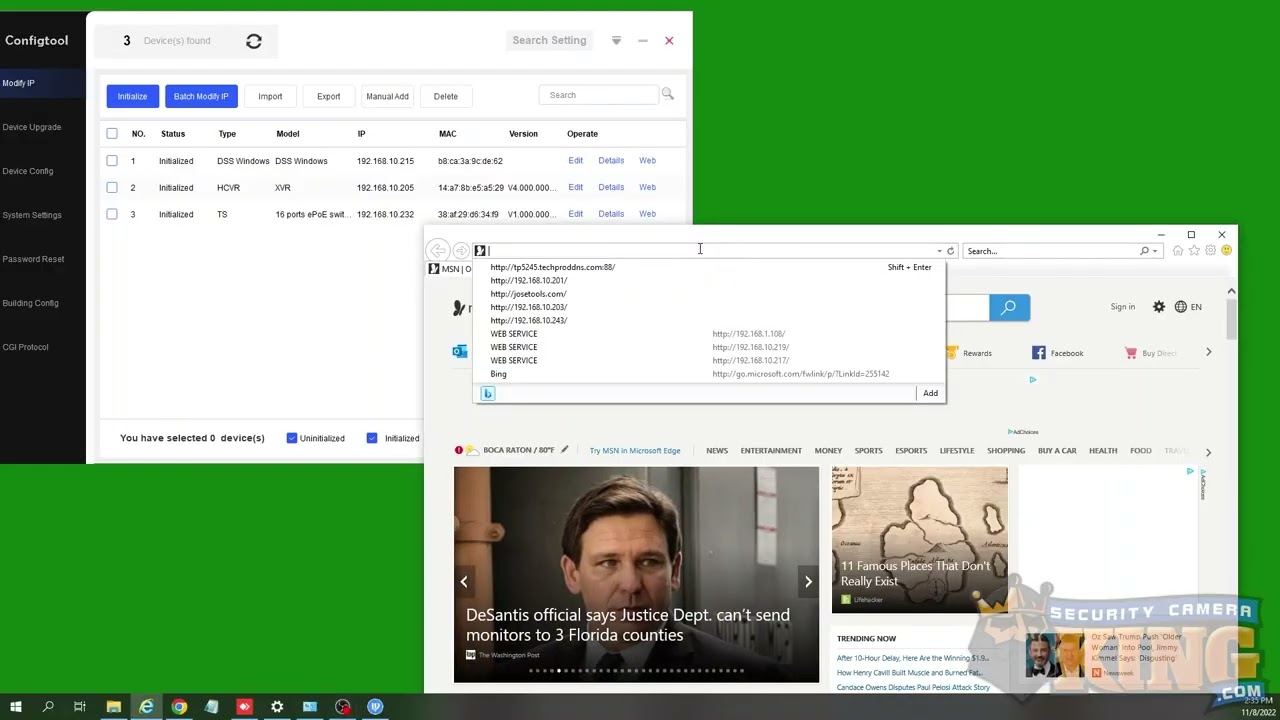Security Roundup: Leak of Top-Secret US Intel Risks a New Wave of Mass Surveillance
US defense secretary Lloyd Austin on Thursday said he was considering “additional measures necessary to safeguard our nation’s secrets,” and he ordered a review of “our intelligence access, accountability, and control procedures within the department to inform our efforts to prevent this kind of incident from happening again.”
Hackers who claim to have breached data storage company Western Digital earlier this month say they are holding 10 terabytes of stolen data hostage and are ready to publish it unless the company pays a “minimum 8 figure” ransom, TechCrunch reports.
An individual who says they carried out the hack spoke to TechCrunch on Thursday, claiming to have reams of customer information. While the hacker showed TechCrunch screenshots of internal emails and contact information of Western Digital’s employees, it’s still unclear exactly what data has been stolen.
“Cut the crap, get the money, and let’s both go our separate ways,” the hackers wrote in an email to several company executives. “Simply put, let us put our egos aside and work to find a resolution to this chaotic scenario.”
A secretive Israeli spyware company’s hacking tools have been used to target politicians and journalists in at least 10 countries, according to research by Microsoft and the University of Toronto’s Citizen Lab made public Tuesday.
The company, QuaDream, is a small, low-profile Israeli firm that develops smartphone hacking tools intended for government clients. The firm was established in 2016 by former employees of NSO Group, the maker of the Pegasus spyware.
The QuaDream spyware targeted older versions of Apple’s iOS phone software, and it worked by sending malicious calendar invites that would not be seen by the targets, researchers say.
According to the report, Citizen Lab has located QuaDream servers in Bulgaria, the Czech Republic, Hungary, Ghana, Israel, Mexico, Romania, Singapore, the United Arab Emirates, and Uzbekistan.
WhatsApp has introduced a new security feature that makes it harder for scammers to steal users’ accounts. The feature will require individuals who download WhatsApp to a new device to use their old device to confirm their account….



